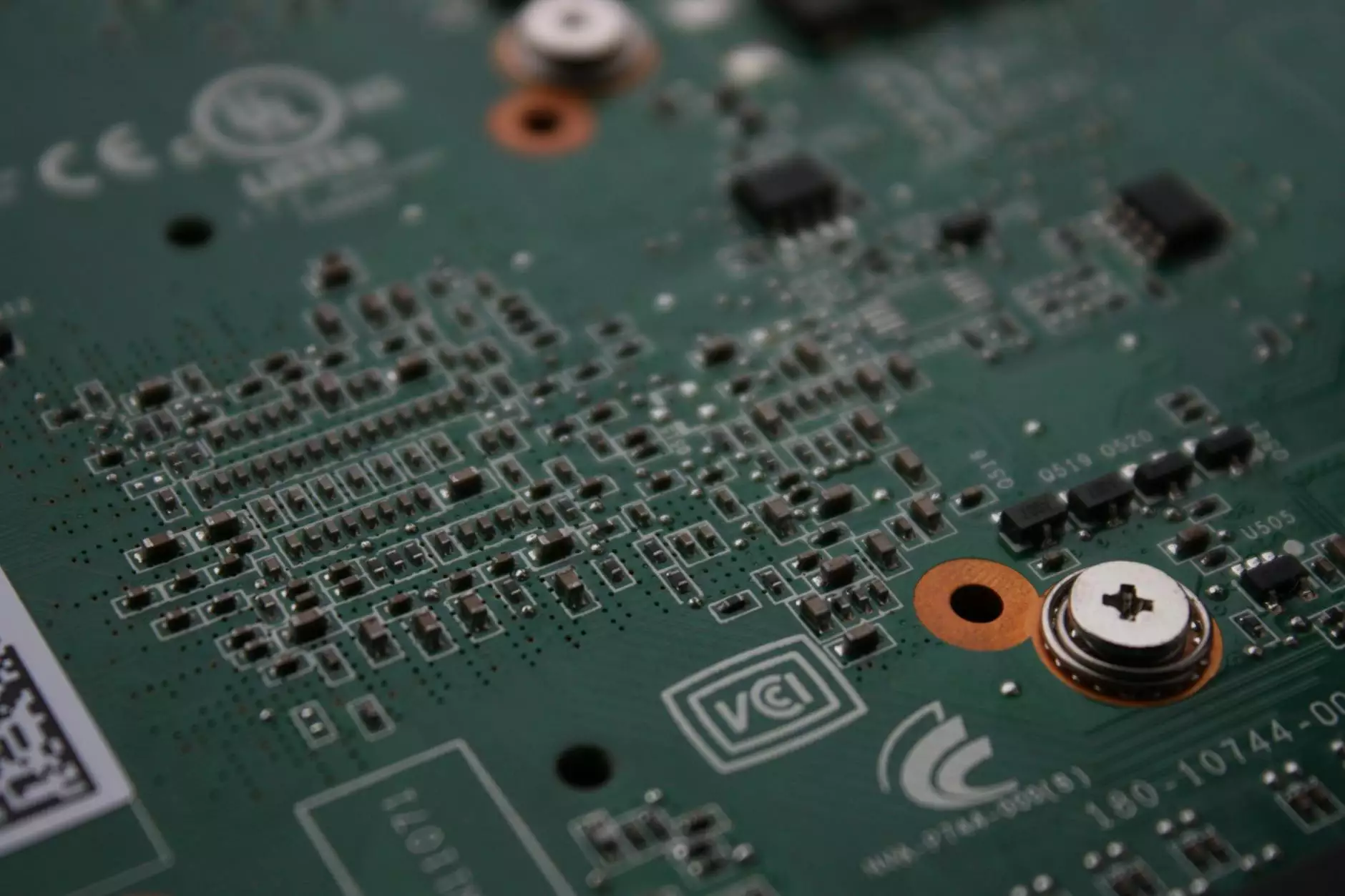The Essential Guide to Barcode Scanners for Modern Businesses

In today's fast-paced business environment, efficiency and accuracy are paramount. One technology that has revolutionized how businesses operate is the barcode scanner. This powerful tool not only enhances inventory management but also streamlines various operational processes. In this comprehensive guide, we will explore the significance of barcode scanners, the different types available, and how to effectively implement them in your business.
Understanding the Importance of Barcode Scanners
Barcode scanners are indispensable in numerous industries, from retail to healthcare. Their primary function is to read the information encoded in barcodes, which are graphical representations of data. This capability brings several benefits:
- Increased Efficiency: Manual data entry is time-consuming and prone to errors. A barcode scanner can quickly and accurately read barcodes, significantly speeding up processes such as checkout, inventory tracking, and shipping.
- Improved Accuracy: Human error can lead to costly mistakes. Barcode scanners minimize these errors by providing precise data capture, ensuring that inventory counts and sales records are reliable.
- Enhanced Inventory Management: With the ability to quickly scan items, businesses can maintain up-to-date inventory levels, reducing stockouts and overstock situations.
- Better Customer Experience: Fast and efficient service is key to customer satisfaction. By utilizing barcode scanners, businesses can offer quicker checkout experiences, leading to happier customers.
- Data Collection: Barcode scanners can seamlessly integrate with inventory management systems, allowing for better tracking of products and sales trends.
Types of Barcode Scanners
When selecting a barcode scanner, it’s essential to understand the different types available. This knowledge will help you choose the most suitable device for your business needs:
1. Handheld Barcode Scanners
Handheld scanners are portable devices that can easily be directed towards barcodes on products. They are ideal for retail environments, libraries, and warehouses. Key features include:
- Versatility: They can read various types of barcodes, including 1D and 2D codes.
- Ease of use: Most models are user-friendly, allowing for quick training of staff.
2. Fixed-Mount Barcode Scanners
Fixed-mount scanners are stationary devices often used in production lines and checkout counters. They offer:
- High-Speed Scanning: Capable of reading multiple barcodes in quick succession.
- Hands-Free Operation: Employees can scan items without needing to hold the scanner, increasing productivity.
3. Mobile Barcode Scanners
Mobile scanners are compact devices that connect to smartphones or tablets, providing flexibility and portability. They are perfect for:
- On-the-Go Scanning: Perfect for inventory checks and stocktaking in large retail spaces or warehouses.
- Integration: Easily integrates with mobile applications for real-time data processing.
4. Optical Character Recognition (OCR) Scanners
While primarily designed to read text, OCR scanners can also recognize barcodes. They are useful in:
- Document Management: Automating data entry processes for documents that include barcodes.
- Versatility: Suitable for businesses that require both barcode and text reading capabilities.
Choosing the Right Barcode Scanner for Your Business
Selecting the right barcode scanner can significantly impact your business operations. Here are some essential factors to consider:
1. Type of Barcodes Used
Determine which types of barcodes your business needs to read (1D, 2D, QR codes, etc.) and ensure the scanner can accommodate them.
2. Environment
Consider where the scanner will be used. For example, a fixed-mount scanner is ideal in a retail checkout, whereas a handheld scanner is more suitable for warehouse environments.
3. Connectivity Options
Check how the scanner connects to your existing systems. Common connections include USB, Bluetooth, and Wi-Fi. Choose one that seamlessly integrates with your software.
4. Durability
If your business operates in a demanding environment, opt for rugged scanners that can withstand drops, dust, and moisture.
5. Budget
Finally, consider your budget. While it can be tempting to go for the cheapest option, investing in a high-quality scanner can result in long-term savings due to increased efficiency and reduced errors.
Implementing Barcode Scanners in Your Business
Once you've chosen the appropriate barcode scanner, the next step is to implement it effectively in your operations. Here’s a step-by-step guide:
1. Train Your Staff
Ensure that your employees are adequately trained on how to use the scanners. This training should cover:
- How to scan items correctly.
- How to troubleshoot common problems.
- How to integrate scanning with your inventory management software.
2. Integrate with Inventory Management Systems
Link your barcode scanners with your existing inventory management systems. This integration will enable real-time stock tracking, reducing errors and improving efficiency.
3. Establish Protocols
Set clear protocols for when and how to use the barcode scanners. This ensures consistency and maximizes productivity.
4. Monitor and Evaluate Performance
After implementation, continually monitor the performance of your barcode scanning systems. Use this data to make adjustments and enhance efficiency further.
The Future of Barcode Scanning Technology
The landscape of barcode scanners continues to evolve, driven by technological advances. Some exciting trends to watch include:
1. Increased Use of Mobile Devices
With the rise of smartphones, many businesses are adopting mobile barcode scanning as a flexible and cost-effective alternative to traditional scanners.
2. Enhanced Accuracy through AI
Artificial intelligence is making its way into barcode scanning, helping improve data accuracy and reduce human error further.
3. Integration with IoT
As the Internet of Things (IoT) continues to grow, barcode scanners are likely to become more interconnected with other devices, providing even greater analysis and operational insights.
Conclusion
In conclusion, implementing a barcode scanner in your business is a powerful way to enhance efficiency, accuracy, and customer satisfaction. Understanding the various types of scanners, how to select the right one, and effective implementation strategies will help you leverage this technology to its fullest potential. By investing in barcode scanning solutions, you are positioning your business for success in an increasingly competitive landscape.
For more information on top-quality barcode scanners and other electronic solutions, visit Durafast Label, your partner in printing services and electronics.









